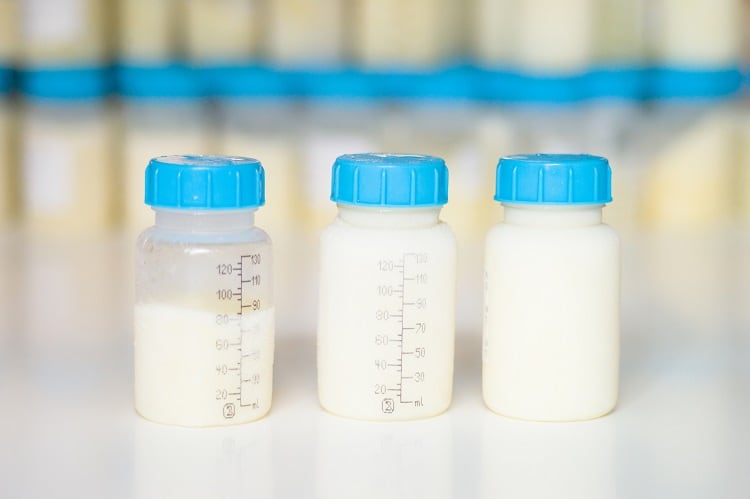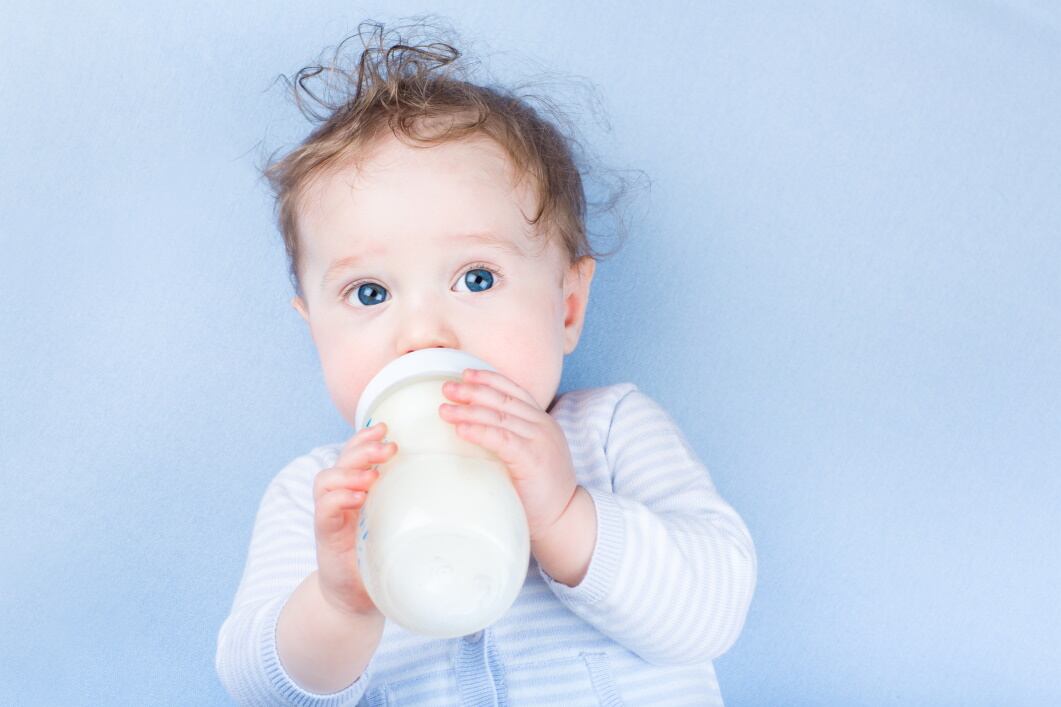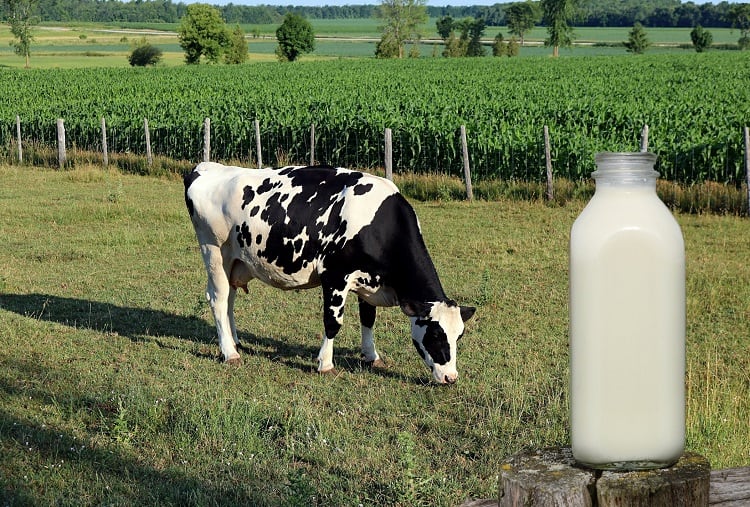Breast milk is lauded for its immune-boosting properties, contribution to brain and bone development, and effectiveness in the treatment of many skin conditions.
It is also thought to exert direct anti-inflammatory effects, by suppressing inflammatory cell function.
It wasn’t until entrepreneur Maya Ashkenazi had children of her own that she started reflecting on exactly what it is in breast milk that makes it so special.
“I realised that breast milk is jam packed with functional proteins… From that moment, I realised that if I could crack the code of breast milk, I could surely make it more accessible to everyone, and not just for babies,” she told delegates at Strauss group's international food tech conference in Israel: FoodTech IL.
Market potential
Ashkenazi co-founded Maolac - a member of The Kitchen Hub's portfolio - in 2018, taking on the role of CEO. Together with CTO Ariel Orbach, the duo was buoyed by the market potential for breast milk, which they believe spans multiple categories.
“We looked at the market potential for more than one category and realised that this is a multibillion-dollar market,” she recalled.
A quick review of market values suggests that the global infant nutrition market is valued at $79bn, according to Mordor Intelligence, the sports nutrition market is valued at $90bn according to Global Industry Analysts, and healthy aging valued at $31bn according to Coherent Market Insights.
The pet and livestock sector combined is valued at $438bn, as estimates IMARC Group and Knowledge Sourcing Intelligence respectively.
While Maolac sees the potential for breast milk proteins in all these categories, the company has decided to initially focus on sports nutrition.
Upcycling bovine colostrum
Maolac’s mission is to impact people’s health and wellbeing by creating human milk protein.
“We started our journey by mapping the entire composition of breast milk,” Ashkenazi explained.
The result is a novel product made up of two elements: active protein with a specific indication, and a unique absorption system.
To kickstart development, Maolac upcycles certified colostrum from cows. From the more than 250m dairy cows on the planet, 5bn litres of bovine colostrum is discarded each year. Maolac is leveraging this would-be waste to create its novel ingredient.
The company’s ‘game-changing’ platform is founded on the combination of bovine colostrum, computational biology and artificial intelligence.
“Maolac is using computational biology to extract active (enriched) immunological fractions from milk and its derivatives for specific applications that enhance the immune system of humans and animals based on pre-clinical trial and known immunological cascades,” explained the firm.
Having determined that there are more than 1500 bio-active proteins in breast milk, Maolac’s algorithm compared the protein libraries of bovine colostrum and breast milk.
“We discovered that there are more than 400 proteins that are similar,” said the CEO, making for an impressive 95% biosimilarity between the two.
From proof of concept to commercialisation
To test Maolac’s proof of concept (POC), the company wanted to initially focus on the anti-inflammatory mixture, in order to reduce inflammation and improve recovery time in athletes.
According the start-up, its lab-scale pilot succeeded in enriching its product with key anti-inflammatory proteins with high (<95%) homology to breast milk proteins.
An in-vitro cell culture experiment using immune system cells (PBMC) showed a significant decrease in the activation of T cells in the presence of the Maolac proteins, and a strong decrease in INFy central inflammatory factor, including CD4 and CD8 cells (octahedral in the presence of anti-CD3).
An in-vivo preliminary experiment in rats showed that Maolac’s delivery system allows a controlled release of its proteins via oral administration from the gut into the bloodstream.
Maolac is working to a B2B business model, and expects its first product to be ready for market by Q1 2023.
Maolac is part of The Kitchen Hub's portfolio




